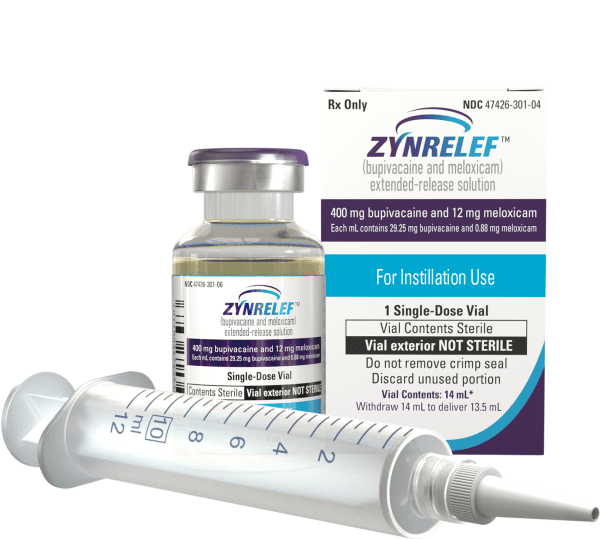Bupivacaine/meloxicam and Alcohol/Food Interactions
There are 2 alcohol/food/lifestyle interactions with bupivacaine / meloxicam.
Alcohol (Ethanol) Meloxicam
Moderate Drug Interaction
Ask your doctor before using meloxicam together with ethanol (alcohol). Do not drink alcohol while taking meloxicam. Alcohol can increase your risk of stomach bleeding caused by meloxicam. Call your doctor at once if you have symptoms of bleeding in your stomach or intestines. This includes black, bloody, or tarry stools, or coughing up blood or vomit that looks like coffee grounds. It is important to tell your doctor about all other medications you use, including vitamins and herbs. Do not stop using any medications without first talking to your doctor.
Switch to professional interaction data
Meloxicam High Blood Pressure (Hypertension)
Major Potential Hazard, Moderate plausibility
NSAIDs - fluid retention
Fluid retention and edema have been reported in association with the use of nonsteroidal anti-inflammatory drugs (NSAIDs), including some topical formulations. NSAIDs (including topicals) can lead to new onset of hypertension or worsening of preexisting hypertension, either of which can contribute to the increased incidence of cardiovascular events. NSAIDs should be used with caution in patients with preexisting fluid retention, hypertension, or history of heart failure. NSAIDs should be avoided in patients with severe heart failure unless the benefits are expected to outweigh the risk of worsening heart failure; if an NSAID is used in such patients, they should be monitored for signs of worsening heart failure. Blood pressure and cardiovascular status should be monitored closely during the initiation of NSAID treatment and throughout the course of therapy.
Switch to professional interaction data
Bupivacaine/meloxicam drug interactions
There are 578 drug interactions with bupivacaine / meloxicam.
Bupivacaine/meloxicam disease interactions
There are 13 disease interactions with bupivacaine / meloxicam which include:
- asthma
- fluid retention
- GI toxicity
- rash
- renal toxicities
- thrombosis
- cardiovascular disease
- liver disease
- renal impairment
- anemia
- hepatotoxicity
- hyperkalemia
- platelet aggregation inhibition
More about bupivacaine / meloxicam
- bupivacaine/meloxicam consumer information
- Check interactions
- Compare alternatives
- Reviews (1)
- Side effects
- Dosage information
- During pregnancy
- Drug class: analgesic combinations
- En español
Related treatment guides
Drug Interaction Classification
| Highly clinically significant. Avoid combinations; the risk of the interaction outweighs the benefit. | |
| Moderately clinically significant. Usually avoid combinations; use it only under special circumstances. | |
| Minimally clinically significant. Minimize risk; assess risk and consider an alternative drug, take steps to circumvent the interaction risk and/or institute a monitoring plan. | |
| No interaction information available. |
See also:
Further information
Always consult your healthcare provider to ensure the information displayed on this page applies to your personal circumstances.


